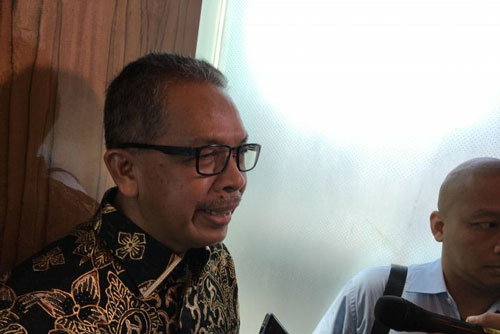Jakarta
Deputy Governor of Bank Indonesia (BI), Sugeng, said Islamic economics and finance will play a significant role in taking the archipelagic nation towards its goal of ‘Advanced Indonesia in 2045’.
“We believe that both digitalization and Islamic economics and finance will play a significant role in reaching the target of advanced Indonesia in 2045,” Sugeng said during a webinar here on Thursday.
Currently, he said, Indonesia is ranked as an upper-middle income country with a gross national income (GNI) per capita of US$4,050.
The country still has a long and challenging way to go to become a high income country and escape from the middle-income trap, Sugeng remarked.
“We do not want to be trapped in the status of middle income country, that we call the middle-income trap,” he noted. Related news: VP seeks greater digital literacy among Islamic economic actors
Related news: Govt allotted Rp2.6 trillion for pesantren economic recovery program
The vast population of Muslims in the country has the potential to boost supply and demand in Islamic economics and finance, hence the nation could reach the target of advanced Indonesia in 2045, he said. Indonesia has around 28 thousand Islamic boarding schools with more than 2 million students (santri), 14 general sharia banks, 20 sharia business units (UUS), 165 sharia rural banks (BPR), and 4,500 sharia micro financial institutions, he pointed out.
In addition, he said, about 60 percent of the Indonesian population are innovative millenials who are familiar with digital technology and can serve as a driving force to reach the target.
“In terms of accessibility, some 133 percent of Indonesians have cellular phones. It means that one person can have more than one cell phone,” he said.—Agencies










